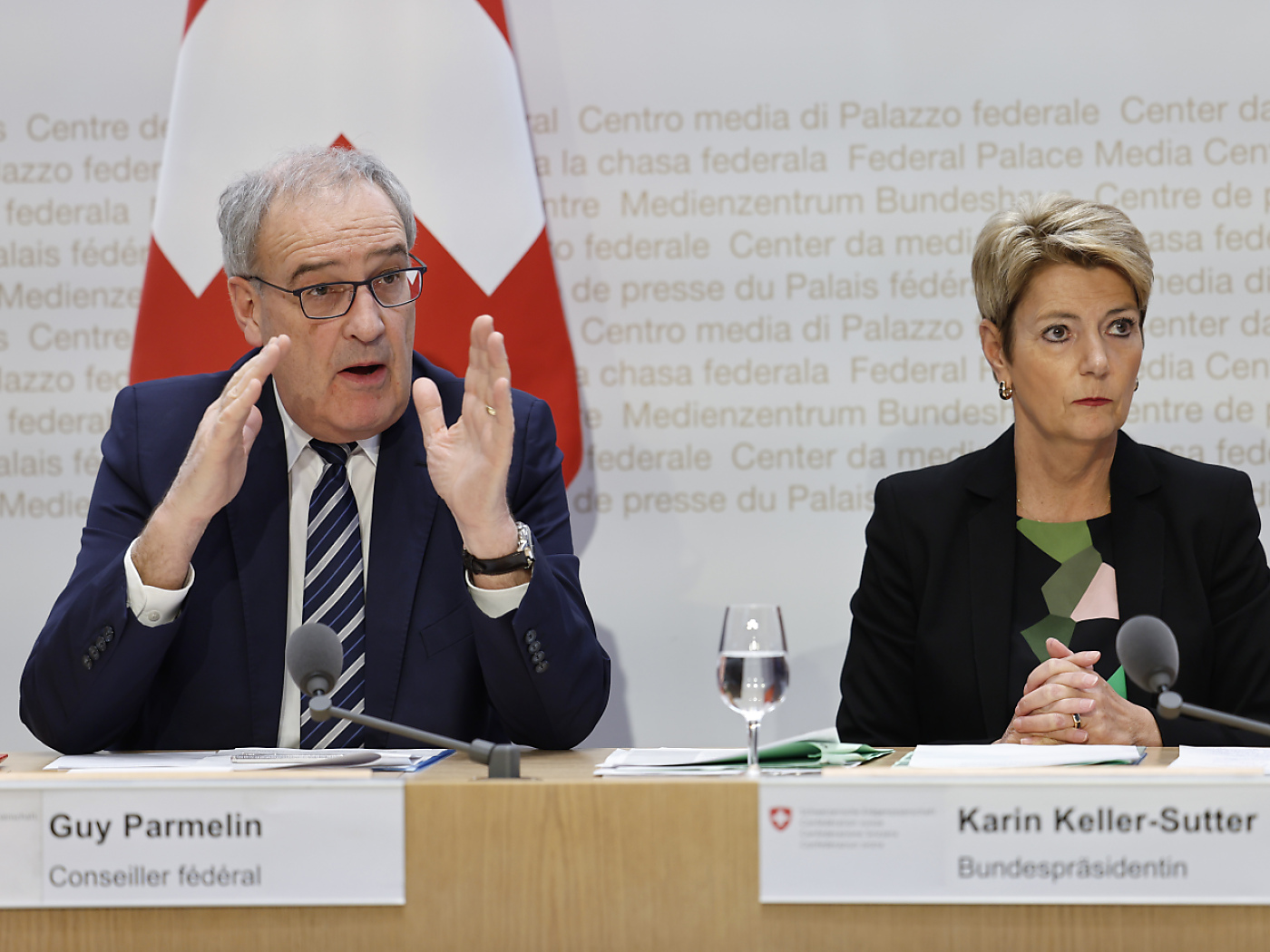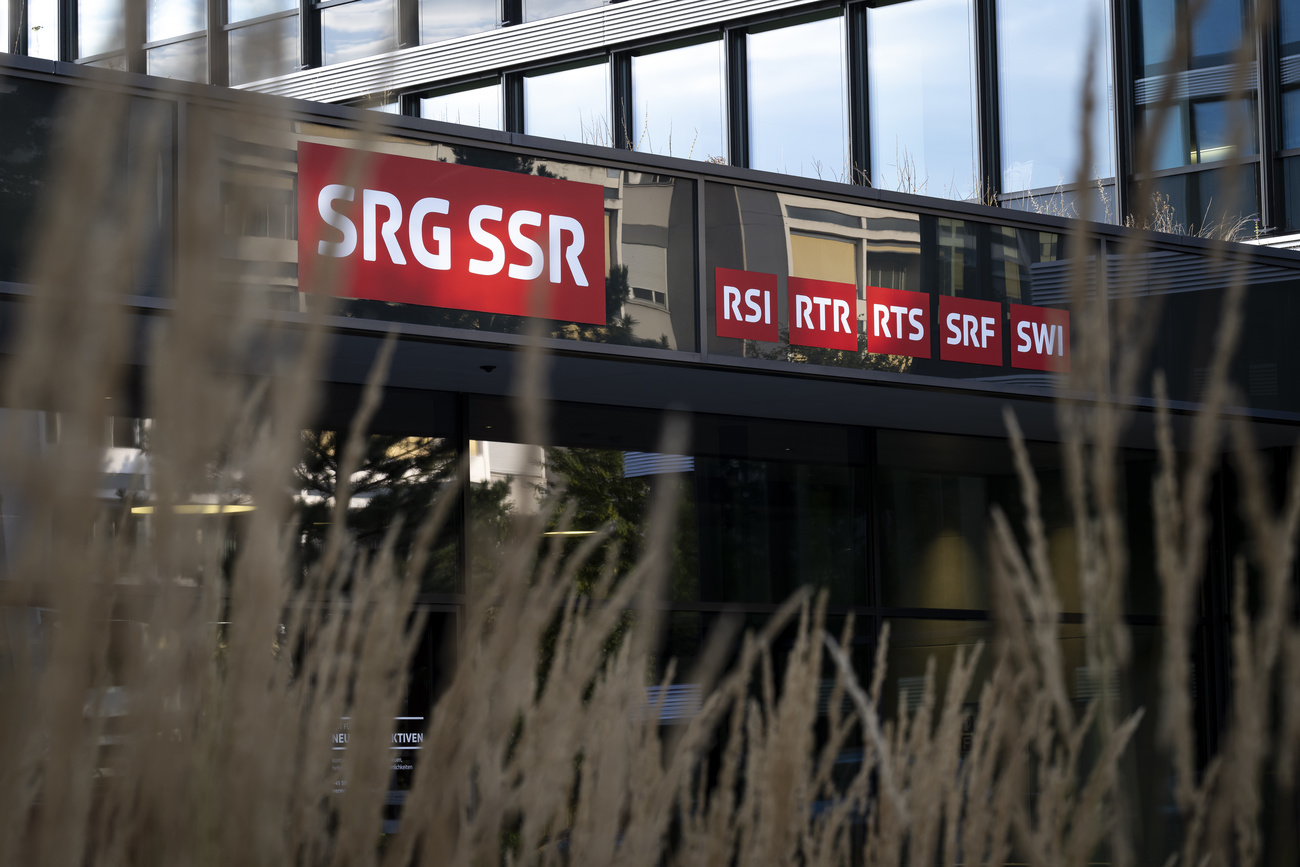
Switzerland Today
Dear Swiss Abroad,
The decisions made by US President Donald Trump continue to dominate Swiss news headlines. Today, we examine how Switzerland's economics minister plans to address the risk of increased tariffs and explore the latest developments concerning the US funding cuts affecting International Geneva.
We also look into why UBS has come under fire from the International Campaign to Abolish Nuclear Weapons. Our briefing concludes with a sign of parliamentary support for Switzerland’s public service broadcasting.
Happy reading!
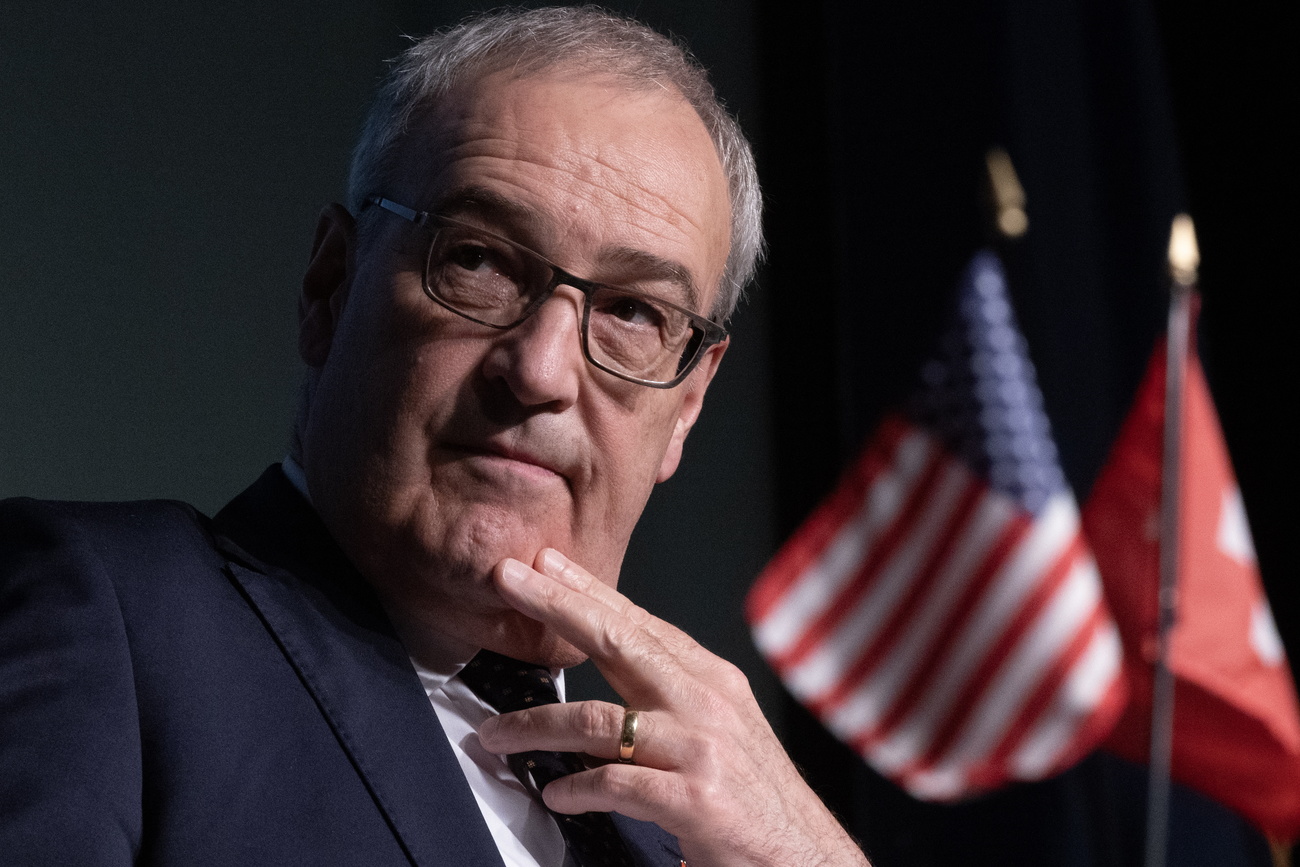
“There is cause for concern, but calm must also be maintained,” stated Swiss Economics Minister Guy Parmelin, addressing the possibility that the US administration might raise customs duties.
The US is Switzerland’s largest export market, and increased tariffs could severely impact industries such as chemicals, pharmaceuticals and watchmaking.
There are still many uncertainties, and “it is difficult to anticipate”, said Parmelin (pictured) in an interview with Swiss public radio, RTS. He noted that even if Switzerland is not directly affected, repercussions could arise if major economic partners such as Germany are impacted.
Switzerland’s government is working to maintain strong contacts in Washington “at all levels” to safeguard its interests, Parmelin assured. However, he emphasised that Switzerland would continue to pursue its current strategy: diversifying and creating alternatives for the economy. He highlighted the agreements made with the EU on bilateral relations and the various free trade agreements recently signed or renewed. “We will also begin negotiations with China to improve the current agreement,” he added.
- Guy Parmelin’s remarks in the Swiss public radio, RTS, articleExternal link (in French)
- From the SWI swissinfo.ch archives: How Trump’s decisions could affect Switzerland
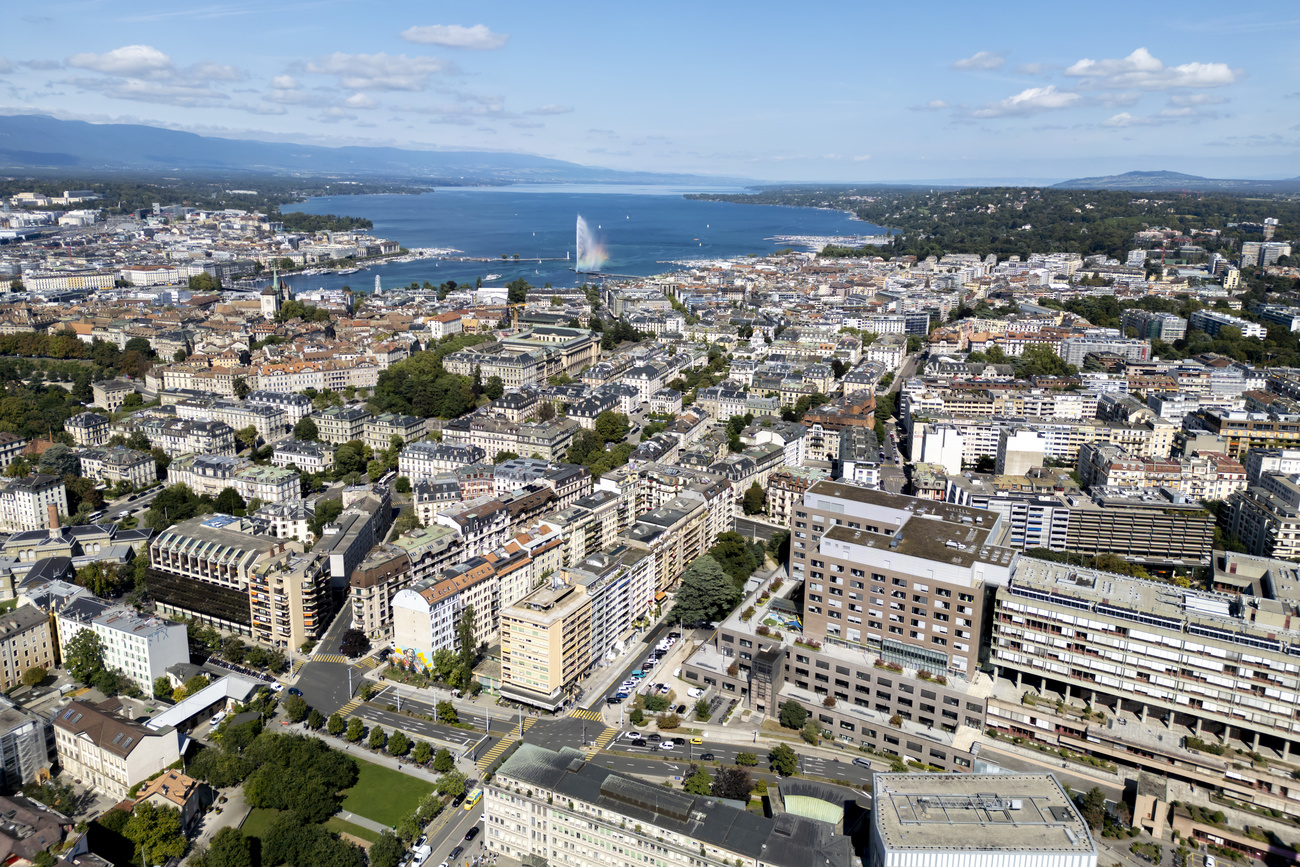
Political obstacles threaten to derail Geneva’s attempt to cover the salaries of staff at several Geneva-based NGOs, following the suspension of US funding for the next three months.
After US President Donald Trump’s decision to halt foreign aid pending a reassessment, Geneva’s cantonal authorities decided last week to support NGO staff with a CHF10 million ($11 million) credit. This is not purely an altruistic gesture, as international organisations in Geneva contribute billions of francs to the local economy.
However, because the measure did not pass with a two-thirds majority in parliament, the corresponding law cannot take effect immediately.
Adding to the complications is the possibility of a referendum, as the right-wing Swiss People’s Party is gathering signatures. Even if a public vote were in favour, the measure could not be implemented until October – far too late for what was meant to be “a quick and strong signal”, as senator Delphine Bachmann remarked.
- Read the full article by Swiss public television, SRFExternal link (in German)
- An overview of Geneva International’s financial difficulties by my colleague Rachel Barbara Häubi
More
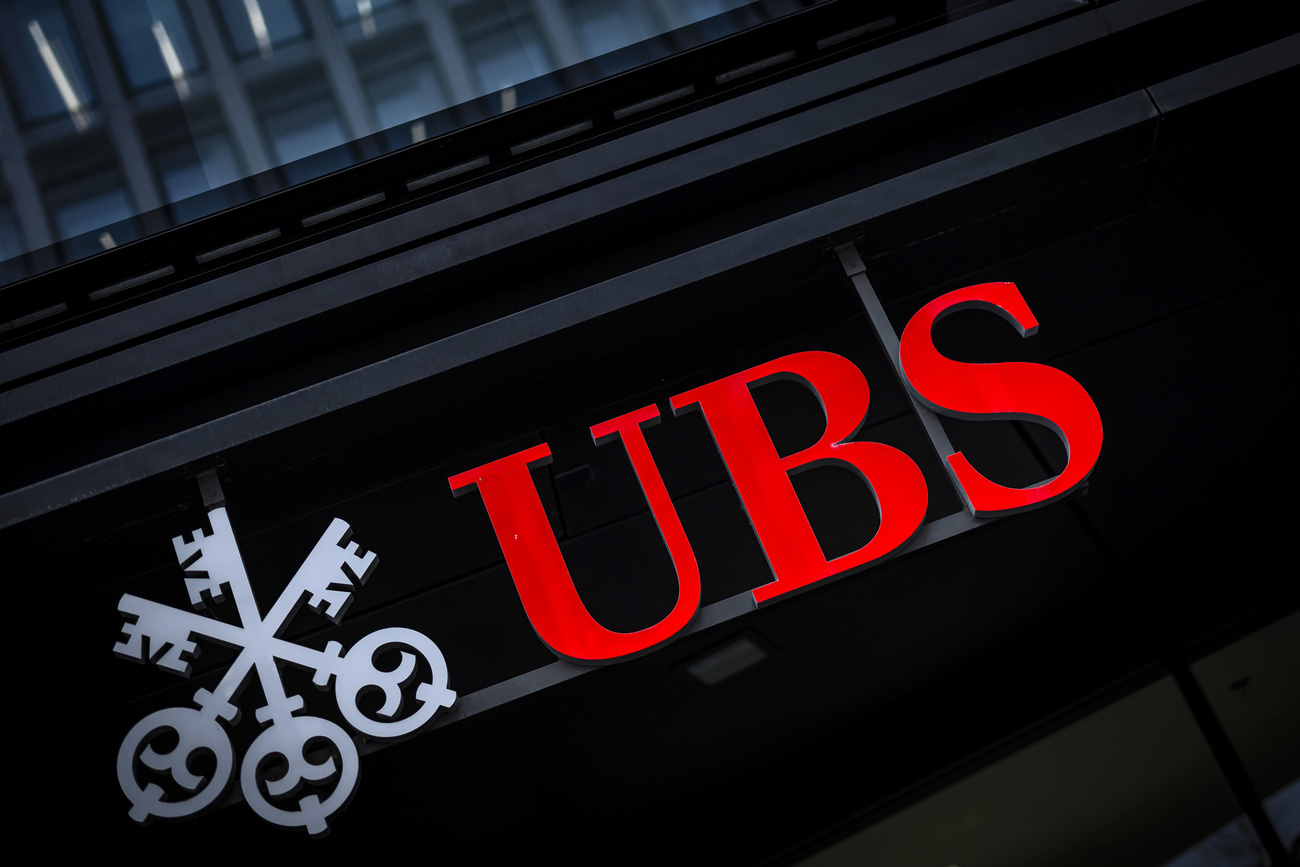
UBS is among the top 30 investors supporting major nuclear weapons manufacturers, according to a report by the International Campaign to Abolish Nuclear Weapons (ICAN).
The Swiss bank, the only Swiss institution on the list, invested nearly $2.5 billion (CHF2.25 billion) in equity and bonds in the nuclear weapons industry during the review period (January 2022 – August 2024), ICAN reports.
Globally, 260 institutions financed nuclear weapons companies last year, although this number has decreased by 27 over the past year and by more than 70 since the Treaty on the Prohibition of Nuclear Weapons came into force in 2021.
Despite a parliamentary motion urging its adoption, Switzerland has yet to sign the Treaty. ICAN, which received the Nobel Peace Prize in 2017, launched a popular initiative in July to push for Swiss accession. Almost half of the world’s nations have ratified, signed or expressed their intention to join the agreement.
- The news reported by BlickExternal link (in French)
- The report on the ICAN websiteExternal link
- The Keystone news agency news report on SWI swissinfo.ch
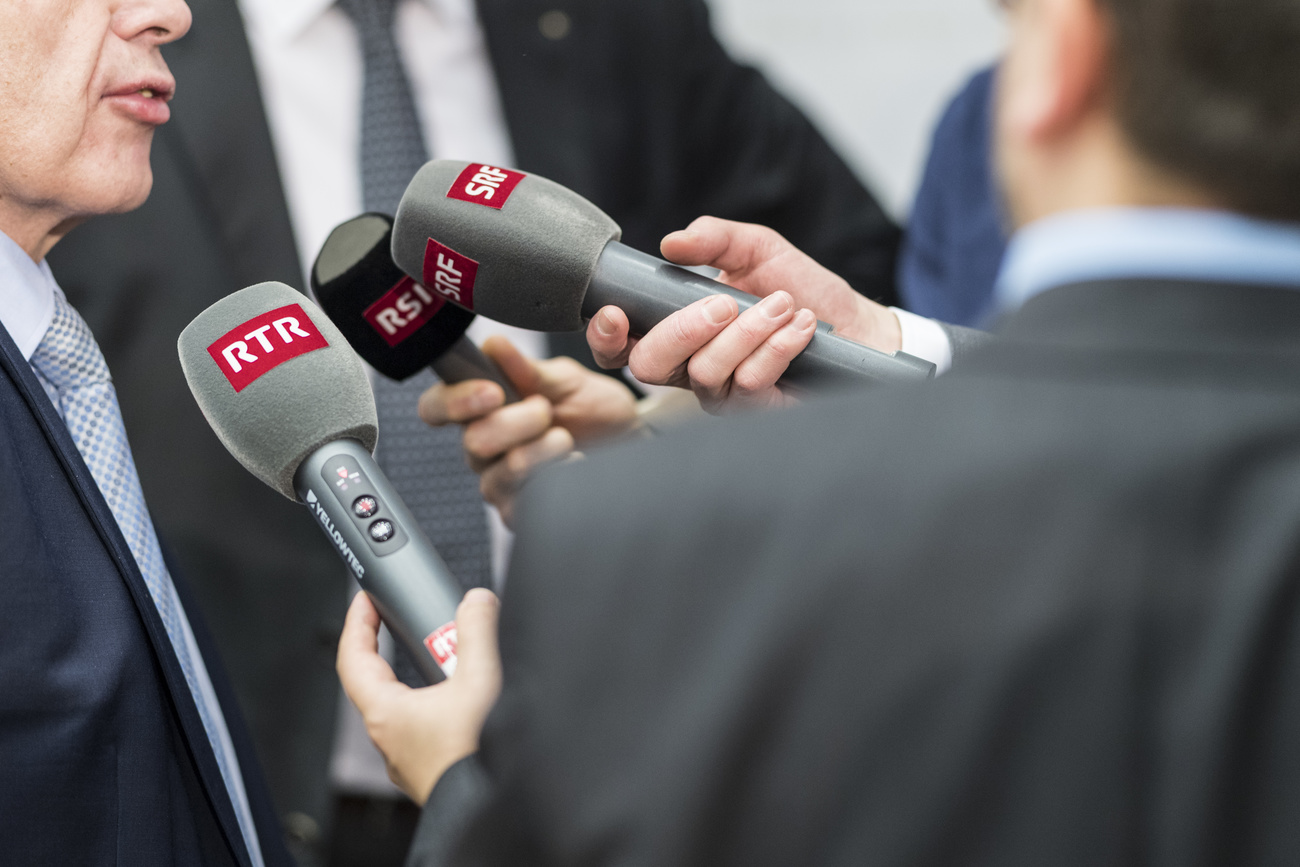
Switzerland’s Senate telecommunications commission has decided not to propose a counter-initiative to the popular movement calling for a reduction in the broadcasting licence fee.
By ten votes to two, the commission rejected the indirect counter-proposal to the ‘CHF200 is enough’ initiative, which was presented by its counterpart commission in the House of Representatives. The latter narrowly voted last month for a complete exemption of companies from paying the licence fee.
The initiative, likely to be voted on in 2026, was launched by the right-wing Swiss People’s Party, the Swiss Union of Arts and Crafts and the youth wing of the centre-right Radical-Liberal Party. It demands a reduction of the annual household fee from CHF335 to CHF200 ($372 to $222) and a complete exemption for companies.
Today’s decision signals support for the Swiss Broadcasting Corporation (SBC), which includes SWI swissinfo.ch. According to the telecommunications commission, “a diverse media landscape and a robust, four-language SBC are essential for a vibrant democracy and high-quality journalism”.
- The news on Swiss public broadcaster, RTSExternal link (in French)
- telecommunications commission’s statementExternal link on the Swiss parliament website (available in the national languages)
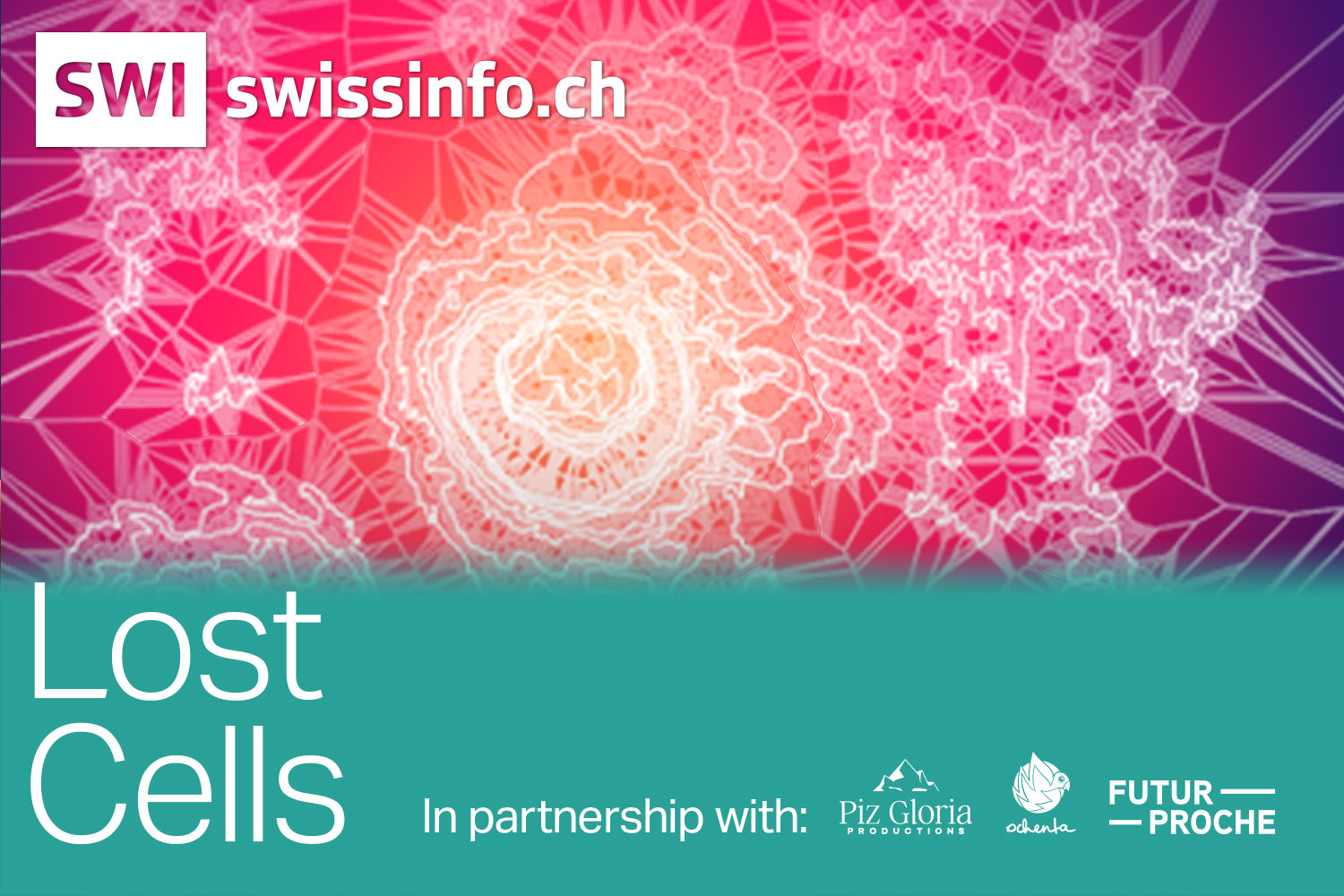
‘Lost Cells’ is an investigative audio documentary series that delves into the world of private stem cell banks in Switzerland. It examines the trust we place in technology to protect us from future illness – and what happens when that trust is broken.
‘Lost Cells‘ is an insightful exploration of the emerging cord blood banking industry that resonates deeply with our anxieties about health, technology, and the future.
The six-part series is an original SWI swissinfo.ch trilingual podcast produced in collaboration with Piz Gloria Productions, Futur Proche, and Studio Ochenta.
Narrated in English, Spanish, and French by science journalists, Angela Saini, Esther Sanchez and investigative reporter Antoine Harari, the ‘Lost Cells’ podcast is available on all your favorite podcast apps.
- Listen to the first ‘Lost Cells’ episode
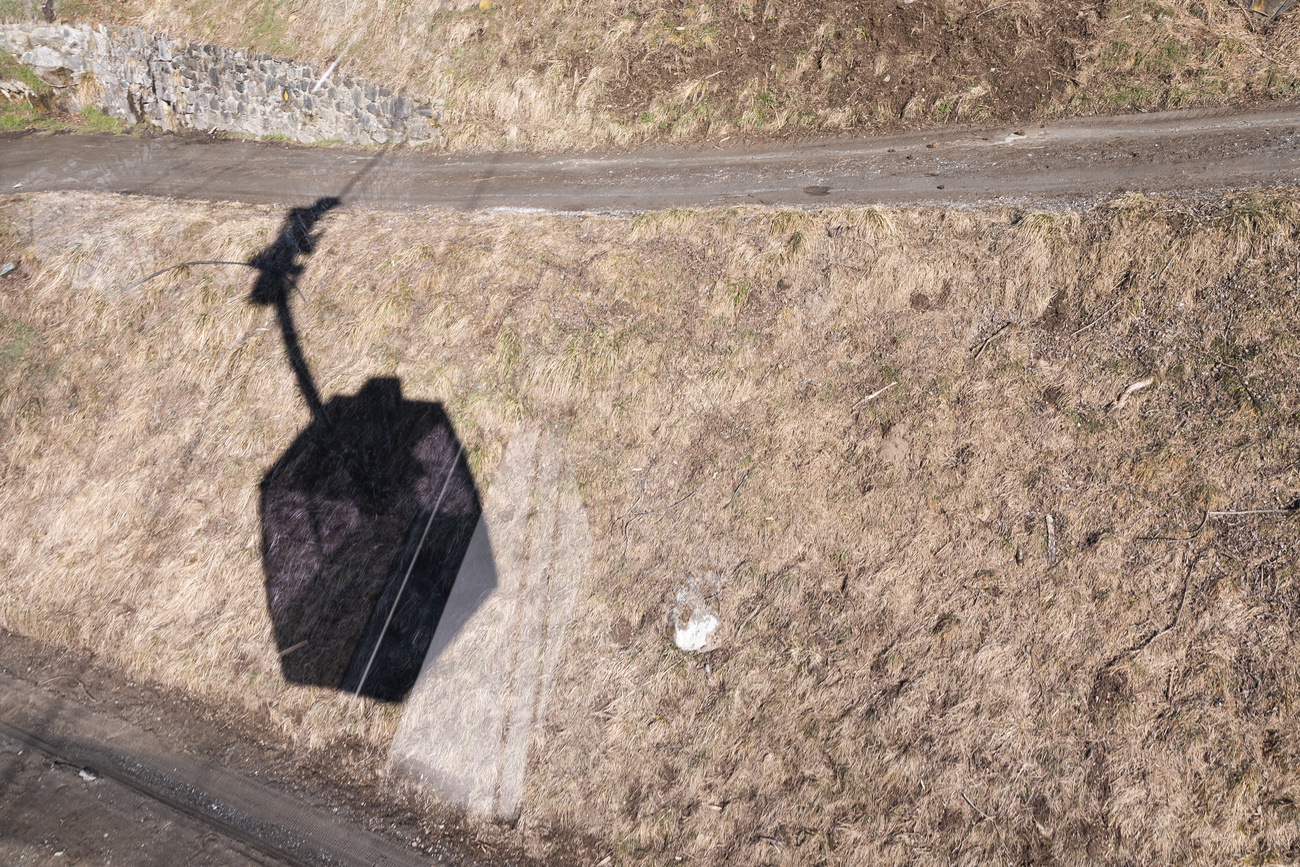
Picture of the day
The shadow of this cable car symbolises the end of semi-isolation for the village of Sarreyer in the Val de Bagnes, Valais. In July, debris flows destroyed part of the road leading to the village. The newly inaugurated cable car, built in just five months, is a great relief for local residents.
Translated from Italian using DeepL/amva/ts

In compliance with the JTI standards
More: SWI swissinfo.ch certified by the Journalism Trust Initiative



